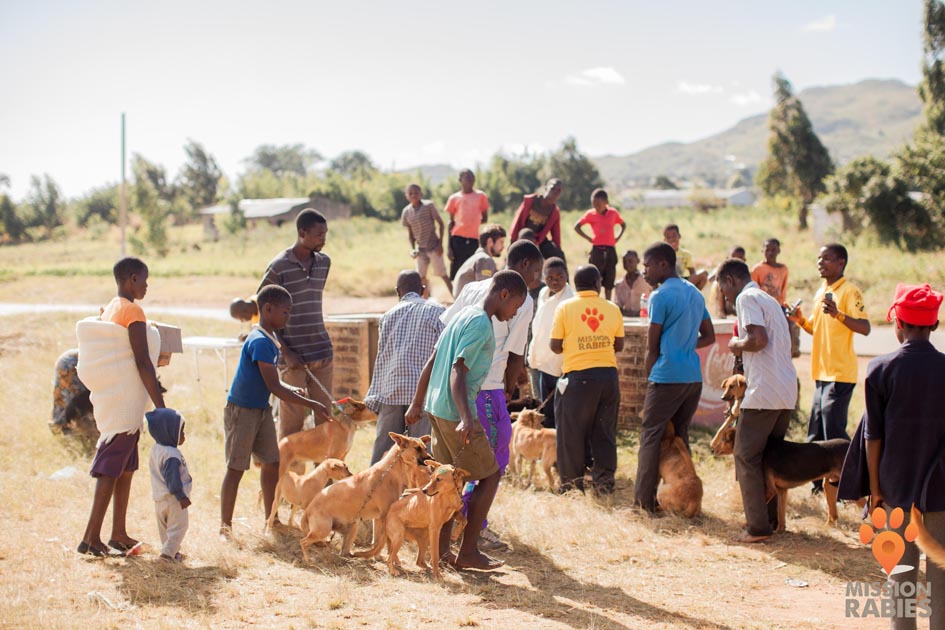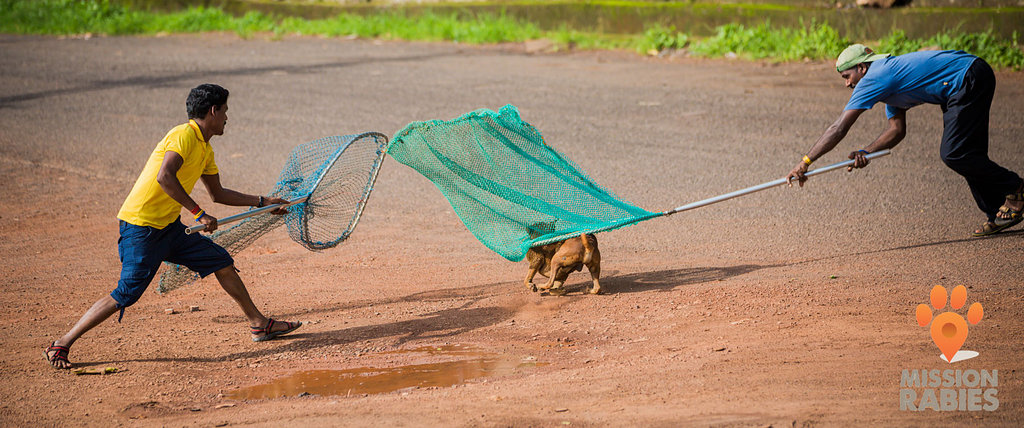Vets working to eliminate rabies - World Rabies Day 2015
The British Small Animal Veterinary Association is marking World Rabies Day on 28th September with a call for pet owners and the veterinary profession to work together to help eradicate this deadly disease.
Every year around 60,000 people suffer painful deaths because of rabies, and 40% of those victims are children. Most of these cases (99%) were the result of an infected dog bite. Yet this is an entirely preventable disease, and the international veterinary community is becoming an integral part of the solution to this global issue.

The British Small Animal Veterinary Association provides advice for pet owners and the veterinary profession in the UK, as well as supporting organisations working to eradicate rabies overseas; organisations such as the Worldwide Veterinary Service and Mission Rabies.
Through Mission Rabies, vets are working on the front line to eliminate human and canine rabies in India and Africa, where the disease is a daily reality for many communities.
“Rabies is the world’s deadliest zoonotic disease and it needs nailing” says Luke Gamble, founder and CEO of Mission Rabies. “It’s shameful that it still kills at least one child every ten minutes – as eliminating it – from anywhere in the world –is totally doable.”
Luke goes on to explain; “Our projects work because of the passion, dedication and enthusiasm of willing volunteers and fantastic sponsors like Dogs Trust and MSD Animal Health who believe in making a difference. In two years, we’ve now vaccinated over 270,000 street dogs in global rabies hotspots, rabies-educated over 330,000 children and, with WVS, we’ve sterilised over 46,000 dogs in key areas. All this is spearheaded by the veterinary community, driving forward a one health project with direct action that could, should and will save tens of thousands of lives.”

The disease has a devastating impact in India and Africa, but whenever there is a reported case of canine rabies in Europe there is understandable concern here in the UK. “Of course, the public and the veterinary profession share concerns about the potential for rabies to enter Britain, particularly through illegal importation of susceptible animals” says BSAVA President, Tricia Colville.
“Responsibility for dealing with illegal imports rests with local authorities –usually Trading Standards or Environmental Health – and veterinary practices may wish to contact their local authority to ensure that they know how to report such cases before the need arises” she explains. “In theory, all animals entering the UK under the Pet Travel Scheme should have their documentation checked, and, with a minimum age of 12 weeks for rabies vaccination under the Pet Travel Scheme, as well as a requirement to wait 21 days before travel within Europe, this means that any animal under the age of 15 weeks will not be compliant. If a veterinary surgeon in practice finds any suggestion of non-compliance they should inform Defra.”
So the message this World Rabies Day on 28th September is for vigilance against the spread of the disease, along with support for those facing the threat on a daily basis. To find out more about Mission Rabies visit www.missionrabies.com and for details about World Rabies Day go to www.rabiesalliance.org.

